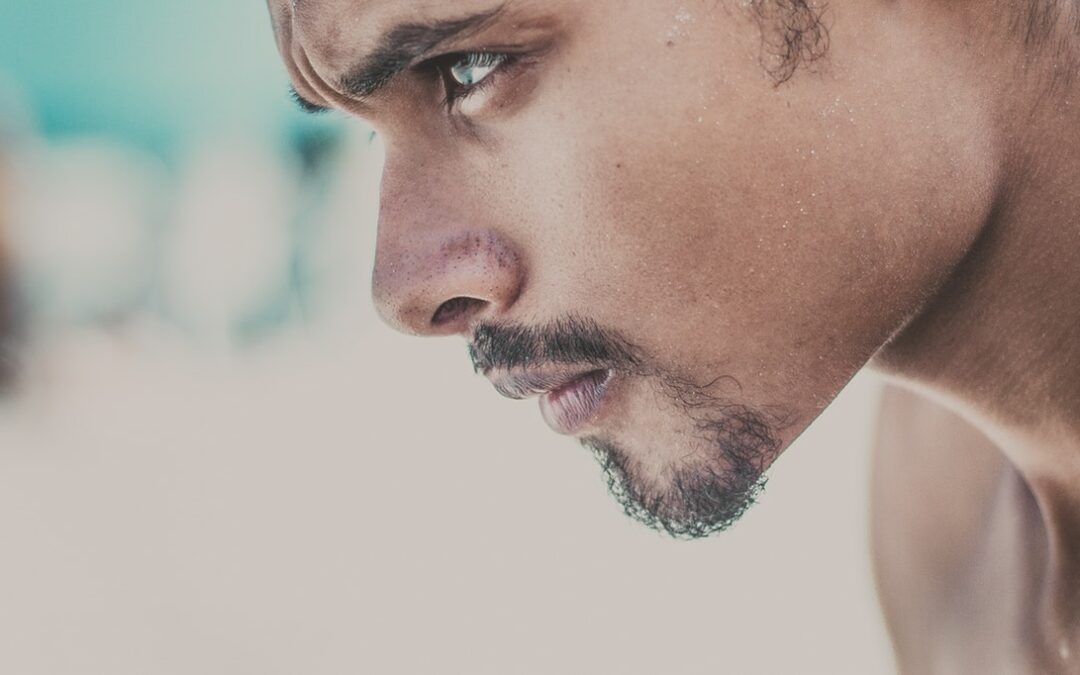
How and Why You Should Elevate Your Vibration
How and Why You Should Elevate Your Vibration
Everything in the Universe is vibrating. Literally everything. Be it the tiny atoms within a rock or on the surface of the sun, everything is in constant vibration.
Like all the tangible things, the intangibles vibrate too. Our thoughts, emotions, state of mind, all vibrate, thus possess energy. This energy is specific for every person and for every thought.
When you are sad, you emit that “sadness energy” to an ocean of vibrational energy around you.
According to the law of attraction like attracts like, and it is true for energies too.
“You receive in your life what you send out.”
Ever been in a gathering for instance, where you felt someone who was not happy about your presence even if they didn’t utter a single word? No one else feels it, but you find yourself saying “I am getting negative vibes from that person”, and you start feeling the same way for them.
It’s not just a paranoid feeling, it is a potent energy that spreads around like a wave, and it is also attracting the same energy from you.
Why You Should Elevate Your Vibration
Knowing that your thoughts are vibrations that can be emitted out in the universe, and they receive the same as governed by the “Law of Attraction”, you gain the power to make appropriate choices on the vibrational waves you want to participate in.
These vibrations could impact your intentions, thoughts, feelings, emotions, and can be enhanced by a few other add-ons, we will talk about shortly.
Everything is energy as proven by Quantum Physics. The Universe is an expansive ocean of energy waves, where everything is ample and available.
Through your vibrations you can send a strong message to the ocean of energy about what you want. When your message is strong enough, it will attract whatever you wish for. You can attract a successful career, good health, a happy life. You can even manifest an apartment on Wall Street if that’s what you want. It is all up to you to decide what you need, and how much energy you want to manifest.
Once you know that you have this kind of control over your life, you can add and subtract the evens and odds of your life within your vibration. You can be charged with confidence and empowerment and overcome your fears and limiting beliefs.
How to Elevate Your Vibration
By now you are wondering: “that sounds amazing” but how? To pursue a successful personal and professional life, all you need to do is elevate the energy of your vibration.
First of all, you need to become conscious of your thoughts and consequent vibration. To do so, there are multiple meditative recommendations that can help.
For instance, start by being in a calm place. Close your eyes. Focus on your desire. Focus on the impact of that desire on your mental, spiritual and physical energy. Take a few deep breaths, and let this energy spread out into space. Repeat this daily. Now take actions with confidence towards your goals. That’s it.
The propellers of the “Law of Attraction” and the “Law of Vibration”, like Mike Dooley suggests, is imagining your dream life as you are actually living it already. Mike’s teachings contain the premise that our “thoughts become things, as featured in the book The Secret.
To continue on the power of your thoughts in how you vibrate, you need to feel daily that you are living in your desired situation, i.e. you are CEO of the leading marketing agency, or your dream apartment, or whatever it is you want from life. Feel inside you the satisfaction and happiness of having it. This actually sends the right frequency of vibration to the Universe.
The add-ons I mentioned earlier are mantras, sublimation, and affirmations that strengthen the vibes and create a strong energy field to transmit your emotions. These add ones have been proven effective in recent years by neuroscience.
“A very crucial point in manifesting your desires through the elevation of vibrational energy is that you have to believe in it.”
You can’t be rich with a programmed belief that money does not grow on trees, or that you don’t deserve to be rich. You have to align all your emotions, beliefs, feelings and intentions with your desire.
This is the reason why often religious people are successful. They believe they have the blessing of a higher power that wants them to be successful. They vibrate success, and their beliefs align with their vibration.
“To manifest your desires, you need to synchronize your vibration and beliefs.”
In last week’s Rant & Grow podcast I spoke with Ryan Blair. Ryan Blair is a #1 New York Times bestselling author of the books Nothing to Lose, Everything to Gain: How I Went from Gang Member to Multimillionaire Entrepreneur, and Rock Bottom to Rock Star: Lessons from the Business School of Hard Knocks.
Ryan talked about his personal account of overcoming a life of adversity and a road map for entrepreneurial success through the process of reinvention and by elevating his personal vibration.
We spent time talking about how to elevate our vibration in order to gain alignment around goals and ultimately personal and professional success. Ryan exited his last company for $796MM and has spent the last few years on a deeply inward and transformational spiritual journey.
Let’s learn how Ryan aligned his vibrations around his goals to become who he is today: a successful entrepreneur, an inspiring author, a mentor and teacher focused on helping elevate other’s vibration.
Just click on the play button to listen to the podcast right here.






Recent Comments